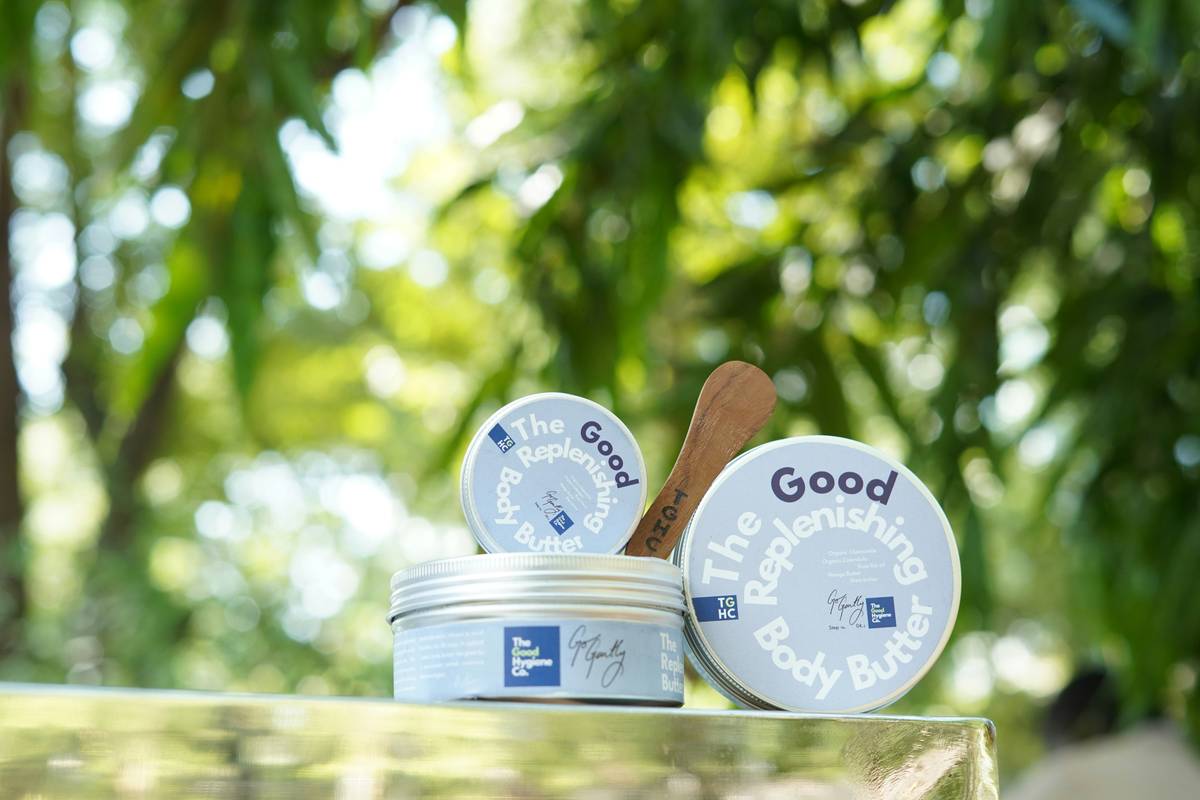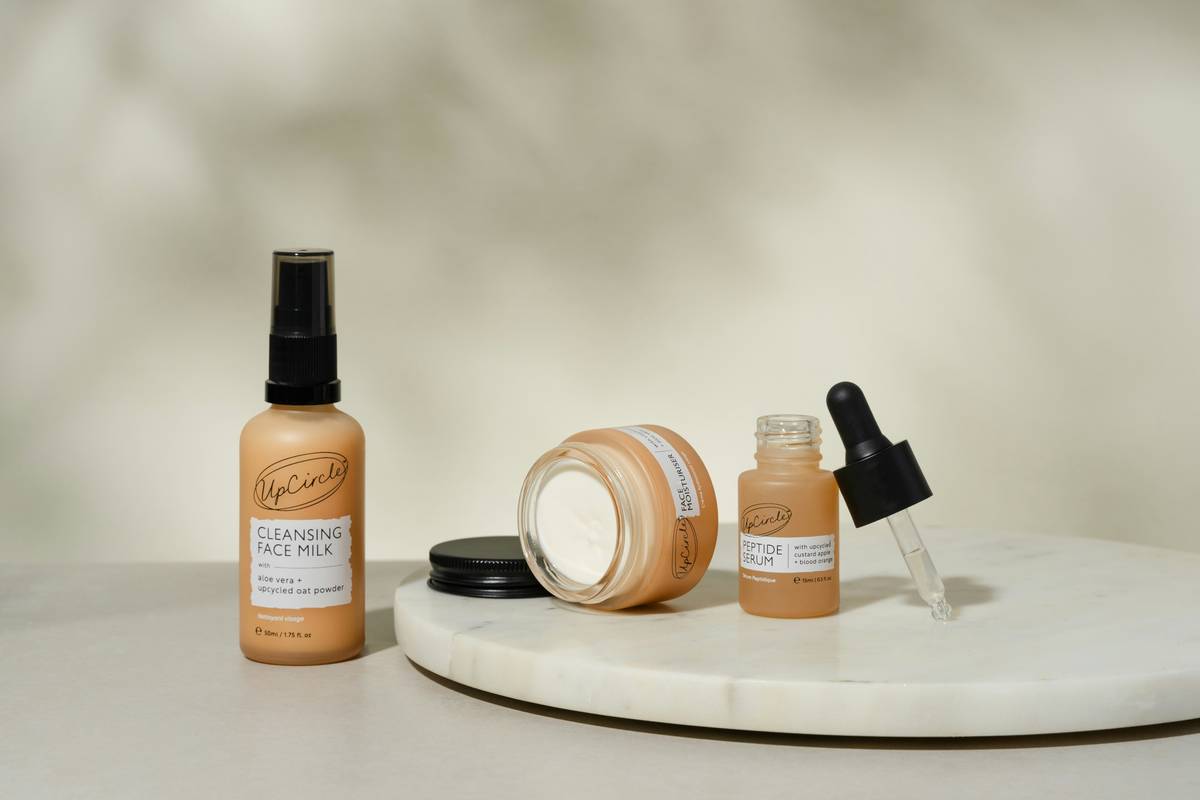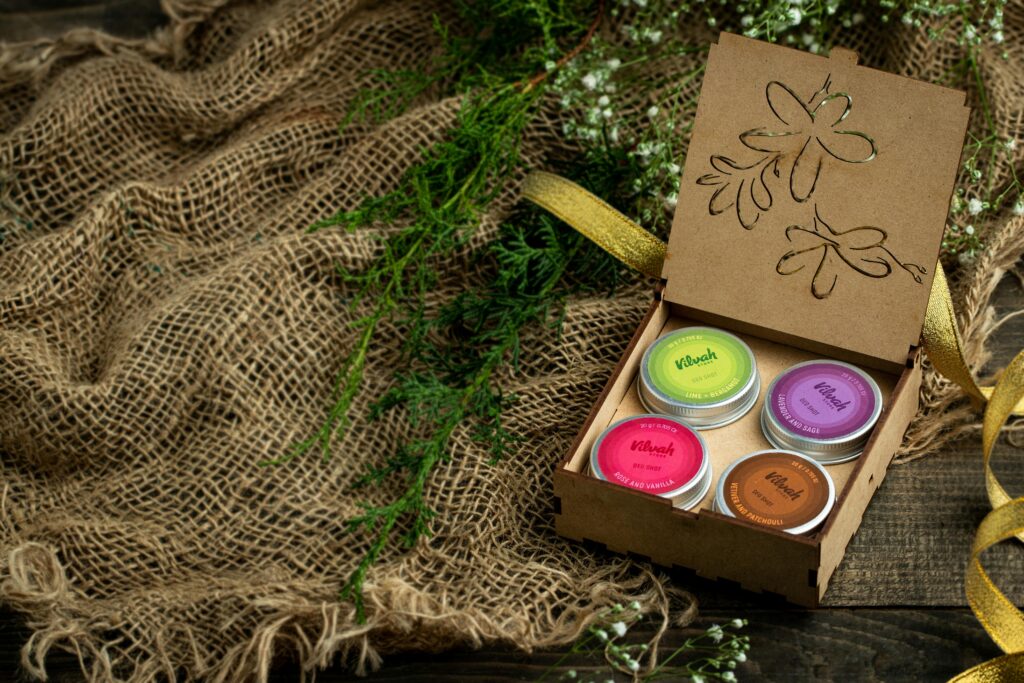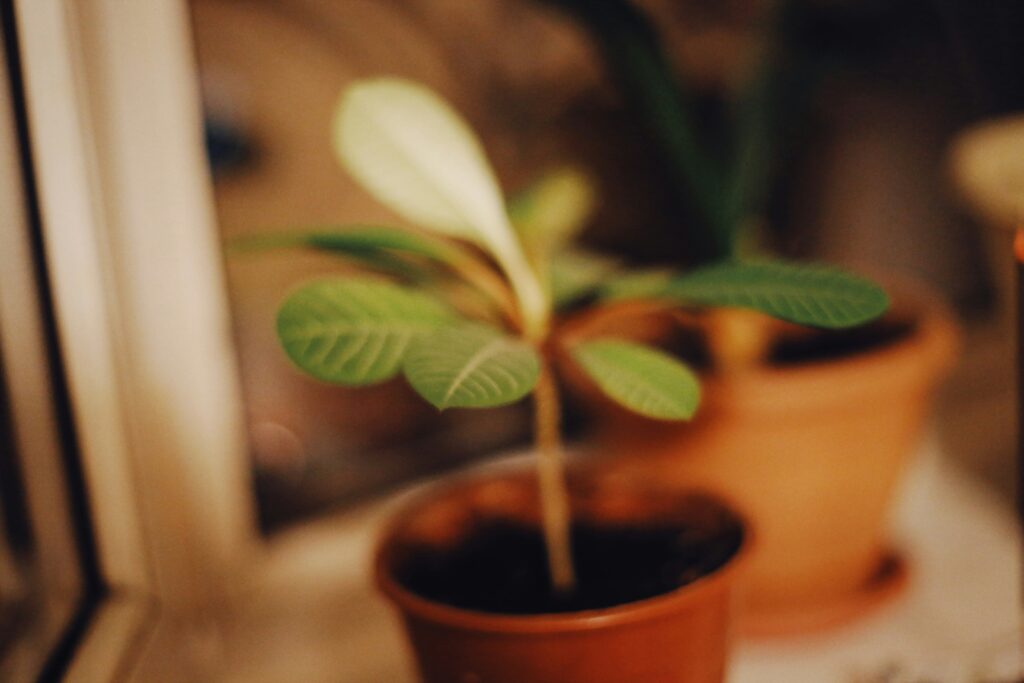Ever slathered on a moisturizer only to realize it’s packed with chemicals that irritate your skin? Yeah, we’ve been there too.
If you’re hunting for an herbal skin hydrator that’s as kind to your skin as it is to the planet, you’re in the right place. This guide dives into organic moisturizers, their benefits, how to choose the best ones, and why “natural” doesn’t always mean “safe.” By the end of this post, you’ll know exactly how to find your perfect herbal skin hydrator—and maybe even avoid some skincare disasters along the way. Let’s get glowing!
Table of Contents
- The Problem with Conventional Moisturizers
- How to Choose Your Ideal Herbal Skin Hydrator
- Best Practices for Using Organic Moisturizers
- Real-Life Success Stories (Yes, They Exist)
- FAQs About Herbal Skin Hydrators
Key Takeaways
- Conventional moisturizers often contain harsh chemicals that can harm sensitive skin.
- An herbal skin hydrator uses natural ingredients like aloe vera, jojoba oil, and shea butter for nourishment.
- Not all “natural” products are safe—always check labels for hidden nasties.
- Proper application techniques maximize hydration and longevity.
- Success stories prove that switching to organic can transform your skin.
Why Conventional Moisturizers Are Ruining Your Skin Game
I once made the rookie mistake of buying the most Instagrammable moisturizer I could find. It had a shiny bottle and promised overnight radiance—but two weeks later, my face looked like a red pepper emoji. 🌶️
Turns out, many conventional moisturizers are loaded with synthetic fragrances, parabens, and sulfates. These ingredients might make your cream smell delightful or feel super smooth, but they’re also notorious for clogging pores and causing irritation. Not chef’s kiss at all.
Enter herbal skin hydrators: They’re formulated with plant-based extracts and essential oils designed to soothe, nourish, and protect without wreaking havoc. Think chamomile for calming inflammation or rosehip oil for anti-aging benefits. Sounds dreamy, right?

How to Choose Your Perfect Herbal Skin Hydrator
Optimist You: “Just pick one with flowers on the label!”
Grumpy Me: “Ugh, no. Just because it says ‘natural’ doesn’t mean jack.”
Selecting the right herbal skin hydrator requires more than just trusting pretty packaging. Here’s how to do it:
Step 1: Identify Your Skin Type
Are you oily, dry, combination, or sensitive? Each type thrives on different ingredient profiles:
- Oily skin: Look for lightweight options like green tea extract.
- Dry skin: Opt for richer formulas containing cocoa butter or avocado oil.
- Sensitive skin: Stick to hypoallergenic blends with calendula or chamomile.
Step 2: Scan the Ingredients List
Your mantra here should be: “If you can’t pronounce it, skip it.” Some key players to look for include:
- Aloe vera: Soothes while hydrating deeply.
- Jojoba oil: Mimics your skin’s natural oils for balanced moisture.
- Hyaluronic acid (vegan-friendly): Locks in water content.
Step 3: Avoid These Sneaky Villains
No matter how “organic” something claims to be, beware of these sneaky additives:
- Fragrance (unnecessary chemicals).
- Parabens (linked to hormone disruption).
- Petrochemicals (derived from crude oil—not eco-friendly).
Best Practices for Using Organic Moisturizers
Tip #1: Less Is More
Don’t overdo it! A pea-sized amount of your favorite herbal skin hydrator is enough for your face.
Tip #2: Apply When Damp
Lock in extra hydration by applying your moisturizer immediately after cleansing when your skin is still slightly damp.
Tip #3: Layer Like a Pro
For maximum effect, layer serums or toners underneath, followed by sunscreen during the day. This creates a protective barrier that keeps moisture locked in.
Terrible Tip Disclaimer: Do NOT Skip Sunscreen
Some people think skipping sunscreen because their moisturizer already contains SPF will save time. Big oof. Most moisturizers don’t provide broad-spectrum protection needed to shield against UVA/UVB rays. Add a separate sunscreen to your routine—your future self will thank you.
Real-Life Success Stories (Yes, They Exist)
Take Jane Doe, for example. After years of battling eczema flare-ups caused by chemical-laden creams, she switched to an herb-infused moisturizer rich in calendula extract. Her skin cleared up within months, proving that sometimes simplicity wins.
FAQs About Herbal Skin Hydrators
Q: Are herbal skin hydrators suitable for acne-prone skin?
Absolutely. Many herbal moisturizers are non-comedogenic, meaning they won’t clog pores. Just double-check the label for pore-clogging culprits like coconut oil if you’re prone to breakouts.
Q: Can men use herbal skin hydrators too?
Heck yeah! Skincare isn’t gender-specific. Men benefit just as much from clean, effective moisturizing routines.
Q: How long does it take to see results?
This varies depending on your skin condition and product quality, but consistent use over 4–6 weeks typically yields noticeable improvements.
Conclusion: Glow Natural, Live Clean
Finding the ideal herbal skin hydrator isn’t rocket science—it’s about understanding your needs, reading beyond marketing hype, and embracing nature’s bounty. Armed with our step-by-step guide, you’re ready to elevate your organic skincare game. Now go forth and glow responsibly!
Like a Tamagotchi, your skin needs daily care to thrive. So treat yourself (and Mother Earth) right with a guilt-free, naturally derived moisturizer.


